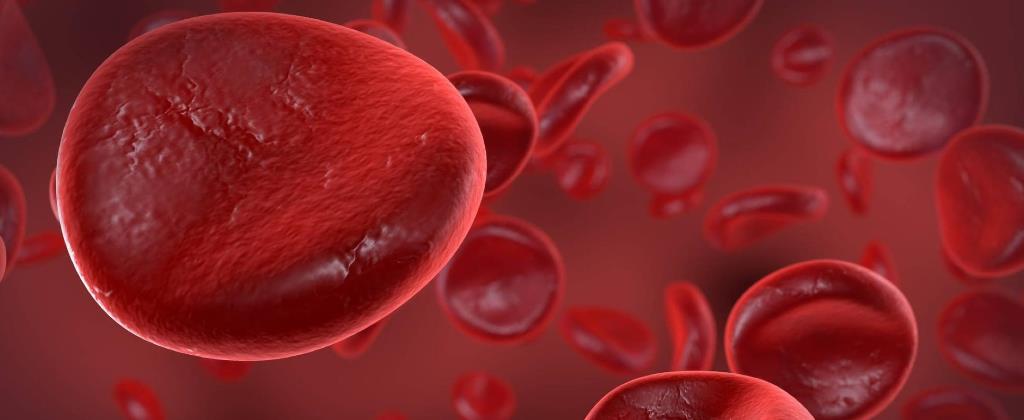Author: LYDIA SHEKIGHENDA
AfricaPress-Tanzania: THE number of people being diagnosed with hemophilia and put on medication is expected to rise in the near future after the launch and implementation of a project aimed at accelerating public access to blood disorder care in the country.
According to experts, haemophilia is an inherited bleeding disorder that slows the blood clotting process.
People with this condition experience prolonged bleeding or oozing following an injury, surgery, or having a tooth pulled.
The project which is being executed by the Muhimbili National Hospital (MNH), is aimed at complementing government efforts by increasing access to diagnosis services in all Referral Hospitals in the country and increase the number of hematologists and proper infrastructure for the patients.
Assistant Director of Non Communicable Diseases Unit at the Ministry of Health, Community Development, Gender, Elderly and Children, Dr James Kiolowe said in Dar es Salaam, on Wednesday that the number of patients diagnosed with haemophilia in the country is lower than expected number of people likely to have the condition.
“Official statistics indicate that based on the current population, Tanzania is likely to have between 6,000 and 12, 000 patients while those who have been diagnonised and have started treatment are only 167,” said Dr Kiolowe, during the launch of the project at the national hospital.
He further said that globally, 97 per cent of people with haemophilia are yet to be diagnosed.
“The implementation of this project will increase access to diagnosis services in referral and regional hospitals and thus register an increase in the number of people diagnosed with the disorder,” he added.
Dr Kiolowe further said that the project will also ensure availability of haemophilia data, and for research studies aimed at improving service delivery so that the condition be listed in the national strategy for Non Communicable Diseases, adding that the scheme will also help in the preparation of the National Treatment Guidelines.
In a related development, the Assistant Director noted that the government in collaboration with other stakeholders from within and outside the country has facilitated health care access to sickle cell patients in the country.
“We have pride in our medical experts who conducted various studies on sickle cell in the country…. these have helped to improve health care to the patients and formulation of National Treatment Guideline for all hospitals in the country,” he added.
A Haematologist at MNH Dr Stella Rwezaura, who is also the Project Coordinator said symptoms of haemophilia include swelling, bleeding and bruising which most of them start earlier after birth.
Dr Rwezaura said that people with haemophilia can live a normal life if they are provided with proper treatment including clotting factor.
She said that according to statistics one in every ten people has haemophilia, thus basing on the Tanzania’s population, people with haemophilia are estimated to be between 6,000 and 12 , 000 and evenly distributed in the country.
She said currently there are four referral hospitals and two regional hospitals treating hemophilia patients.
Dr Rwezaura noted the project will help among others to raise awareness on the disorder to the community, medical professionals and policy makers, adding that it will also help to improve patients’ registry at least in all referral hospitals.
The three year project has been funded by Novo Nordisk Foundation (NNF) from Denmark and Novo Nordisk Hemophilia Foundation (NNHF) from Switzerland.







